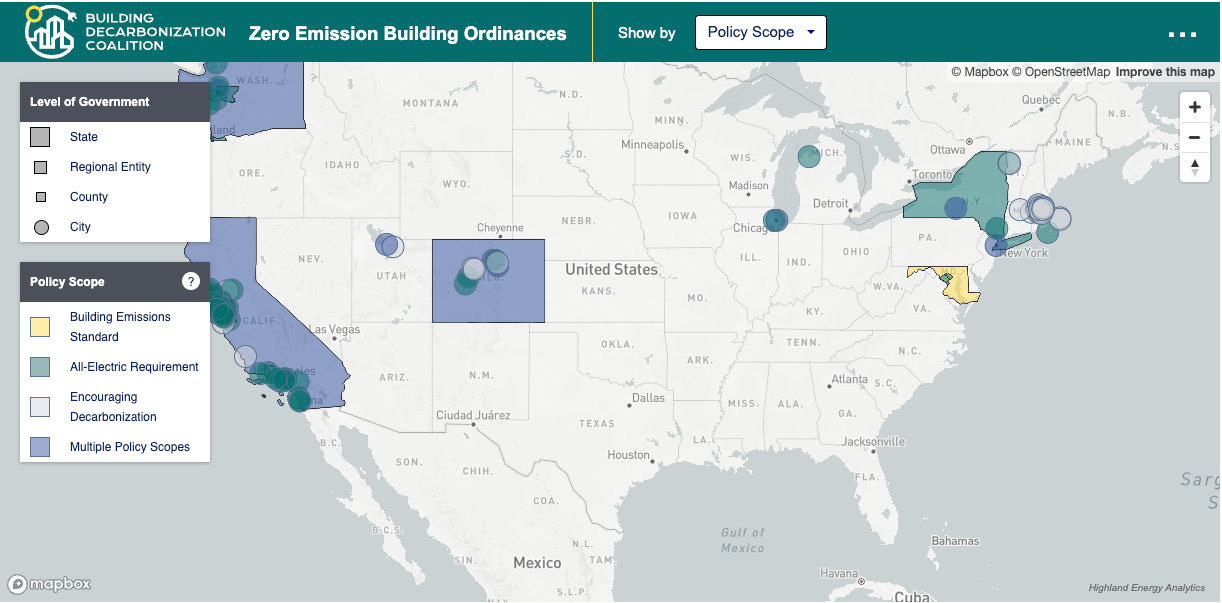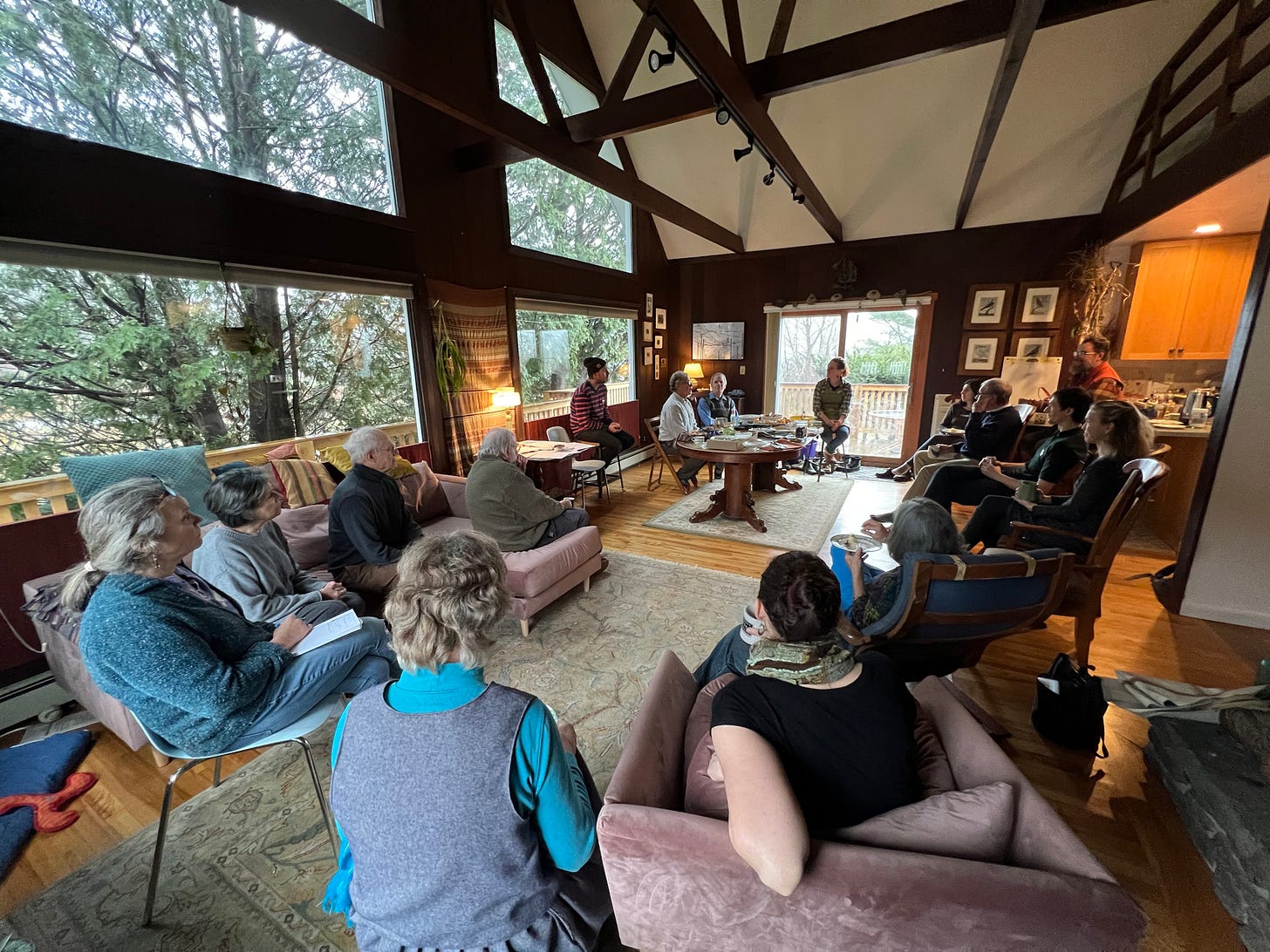Six months ago, as my town was reviewing its town plan, I delivered a passionate (but somewhat limited in effect) public comment asking them to address climate change in our upcoming town plan. As projects wrapped up in the ensuing months, I had more time to think about how we as a town can be proactive in doing our part to prevent climate change, and I kept coming to the same conclusion - limit the usage of fossil fuels in new construction buildings.
Over time I’ve learned that many cities/towns and even several states have passed laws requiring renewable or clean energy be used in any new buildings built. These include California, New York State, Colorado, Montreal, Quebec, and many others. These places see how much easier it is to build without fossil fuels in comparison to retrofitting existing buildings, and they see great benefit in being proactive. Burlington and South Burlington in Vermont have passed similar laws, but the state as a whole remains silent on how we build our buildings. (Vermonters are of course known for being both stubbornly independent and intentionally considerate – two competing & complementing elements in this decision).
Over time I’ve gotten to know the stories of Seattle WA, Beacon NY, and South Burlington as citizens have enacted change in their cities. Those stories proved inspiring, and so I teamed up with my neighbor Maeve to give this a shot. In December we held a pot-luck for anyone curious about the conversation, and to our amazement, about twenty people showed up, of different ages, political parties, and knowledge levels on the issue. We shared a rough plan, designed in imitation of South Burlington: require that 85% of heating and water needs in a new building can be met with renewable energy (effectively that means installing heat pumps). Engaging discussion left us motivated to continue, and connected us with folks on the Planning Committee and Affordability Committee.
In January I presented to the Jericho Affordability Committee – 30 minutes on the costs of new construction with heat pumps (in most cases there’s small savings, in almost no cases is it an outsized expense), and another 30 minutes of discussion with committee members. Some folks found it hard to believe that a heat pump is 300% or more efficient, while others had already gone fully-electric and were happy to share their experiences with the technology.

From there we went to discussions with the Jericho Energy Task Force (which I’m a member of), where we met up with Andrew Chalnik from South Burlington to learn from his experience, and even one of our district’s house-members stopped by.
At this point, the Planning Commission has agreed to a joint meeting between them, the Jericho Energy Task Force, and the Affordability Committee. Scheduling is to be determined. If that goes well, the Planning Commission would hold a series of public hearings, and eventually update our zoning.
I’m eager to see where this goes, have met many lovely people, and have immensely enjoyed the process so far. There’s so much that I’ve learned about climate-friendly technology over the past year, so it’s gratifying to find that there are many folks who are eager to learn what steps are feasible for them to take as the whole world muddles through that same question.














Share this post